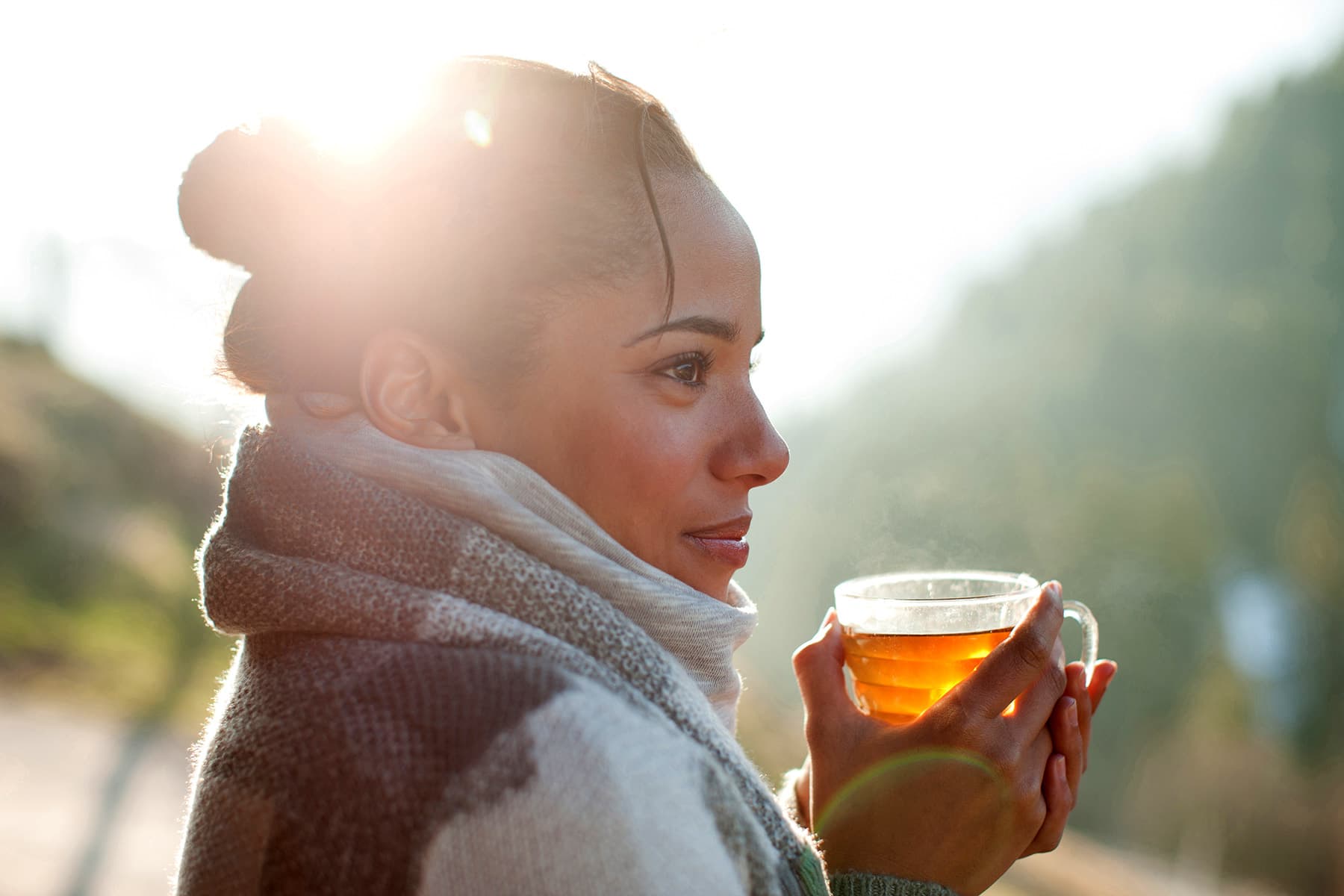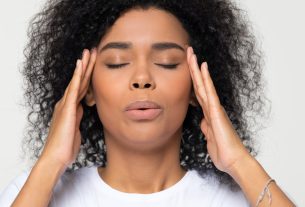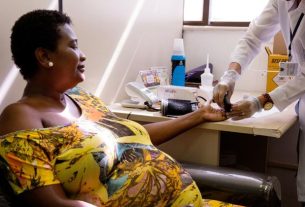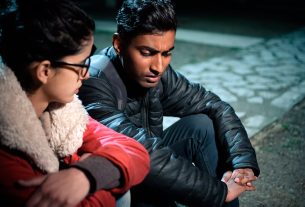|
Getting your Trinity Audio player ready...
|
Dec. 22, 2022 – Falling asleep later and waking up later this time of year? It could be you need to reset your sleep/wake clock. Going outside to get more daylight exposure – especially during the morning – might help, new evidence suggests.
Yes, the use of electric lights and screens in the evening can mess with your sleep, but that’s not the whole picture, says Horacio de la Iglesia, PhD, a professor of biology at the University of Washington in Seattle. In fact, daylight is considerably brighter, even on an overcast day, compared to indoor lighting. So they’re not the same.
In a study of 507 college students at the University of Washington, shorter daylight hours pushed sleep time about a half-hour later in the wintertime, compared to the other times of year.
“It is important for a couple of reasons,” de la Iglesia says.
First of all, teenagers and young adults tend to have very late sleep timing, “or a late chronotype as we call it, that is predictive of physical and mental health. Also, if you have a late chronotype, it probably means you struggle to get out of bed, you end up sleeping less, and you also increase what we call ‘social jet lag.’”
Social jet lag is the difference in sleep timing between the weekend and weekdays, “and that also is predictive of poor health,” de la Iglesia says.
‘An Easy Fix’
Poor sleep can be costly in more than one way. Researchers in 2021 estimated that sleep disorders cost nearly $95 billion each year to diagnose and treat in the United States.
“People are investing a lot of money in trying to develop drugs that improve your sleep, that lengthen your sleep, that advance your clock,” de la Iglesia says. But a simple action like taking a brisk walk in the morning, for example, can help adjust your sleep clock, “and it will make you feel better. That’s what we like about it – that it’s an easy fix,” he says. “Even if you can get out for short amounts of time, that should help you advance your clock … and help you cope with the winter blues.”
The study was in college students, but the findings could apply to people of other ages, de la Iglesia says. For example, younger teenagers also could gain from getting more daylight.
“And older adults struggle with the winter here, with trying to get out of bed, and I think this should definitely translate to all ages.”
The students wore automatic data loggers around their wrists to measure activity and light exposure. Outdoor light was defined as at least 50 lux in intensity. The researchers compared findings from all four seasons, including the summer session at the university.
The study was published online in November in the Journal of Pineal Research.
If it seems to make more sense that a later sunset in summertime would mean a later bedtime, you’re not alone.
“Although we had a good reason to think that sleep would change seasonally, we didn’t have any clear prediction on which direction it will change,” de la Iglesia says. “And in fact, the prediction that we had was completely wrong.”
Students fell asleep 35 minutes later and woke up 27 minutes later than students during the summer school days.
The researchers did not find any significant differences in sleep duration by season. But students used an alarm to wake up about 10% more often in the fall and winter, compared to the spring and summer.
Multiple Health Effects Possible
“My take is that sunlight exposure seems to have more effect than artificial light exposure – which goes along with what we know,” says Karin Johnson, MD, the medical director of the Baystate Regional Sleep Medicine Program in Springfield, MA, who was not involved with the study.
“In addition to sleep loss, the misalignment of the social schedule with the body’s schedule on its own, even if average sleep duration is the same, affects health,” she says. “This effect helps explain why making daylight savings time permanent in the winter would likely be exponentially worse than how much it affects us in the summer.”
A later midpoint of sleep – defined as the halfway point in clock time between falling asleep and waking up – evening chronotype, and more social jet lag are “strongly associated with many health problems,” Johnson says. Metabolic syndrome and obesity, cardiovascular issues, depression, anxiety, and poorer performance and thinking skills are examples.
Latitude Adjustment
Going forward, de la Iglesia and colleagues would like to expand the study to other locations.
They plan to work with collaborators in San Diego, which is at a lower latitude and does not have the same shifts in daylight. That could help answer the question of what happens on other school campuses where the shift in seasons is not as strong.
“Maybe this is an issue of northern latitudes,” de la Iglesia says.



